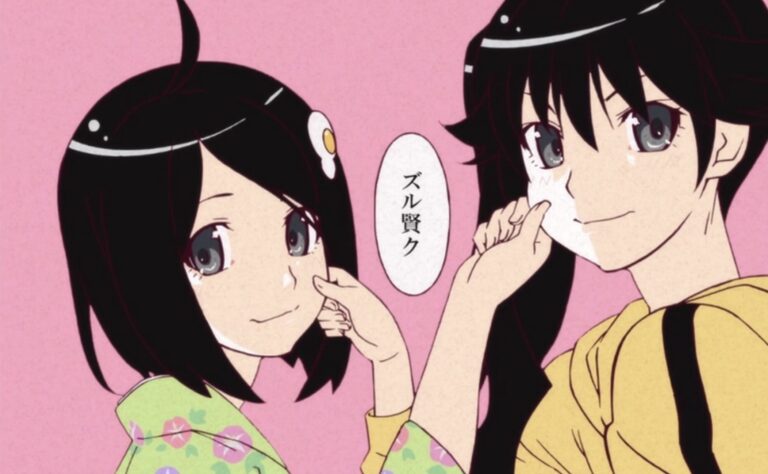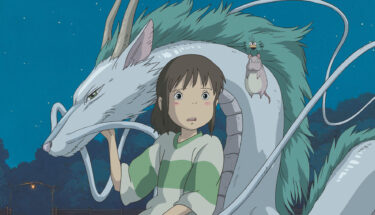Anime in now one of the most popular contents worldwide since anyone can enjoy watching them with multilingual subtitles and dubs. To fully enjoy anime stories, it is important to understand that not every Japanese word can be transformed into English or other foreign languages.
Does anyone understand what Imōto and Senpai mean, for example?
There are lots of unique words and phrases related to Japanese culture, frequently used in many popular anime. If you learn the meanings of the anime-related Japanese words, you can savor anime much more.
Here, this Anime Dictionary introduces frequent Japanese words used in anime, which anime fans should know.
1. Moe (萌え)
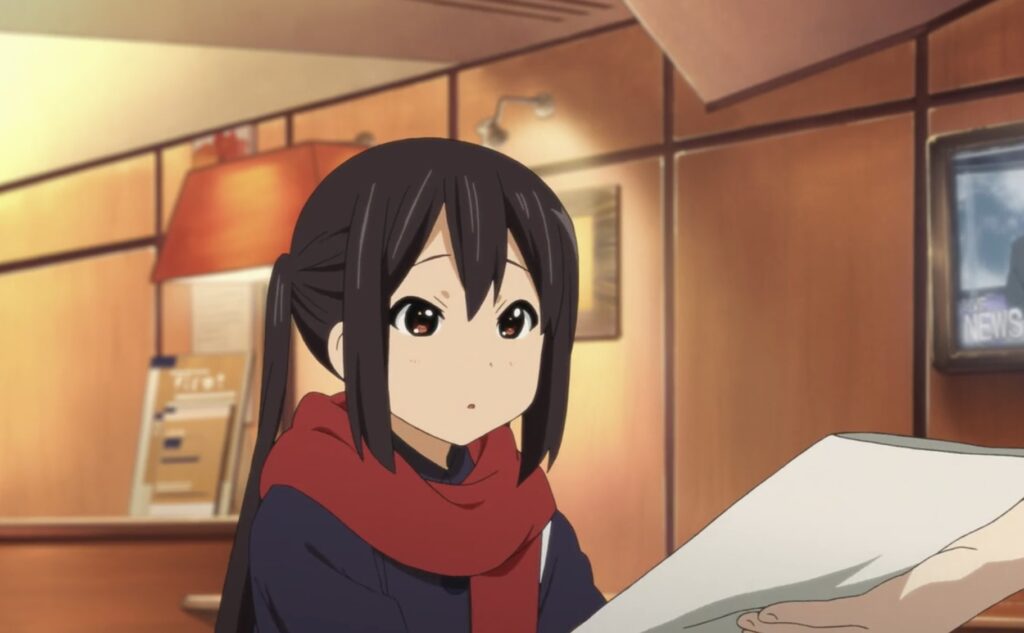
Moe is a Japanese slang to describe a feeling of strong affections towards totally adorable characters in anime and manga. Cute, lovely, pretty, adorable or Kawaii characters are sometimes called Moe Chara (萌えキャラ).
▽Check the best Moe anime of all time below!▽
A new anime genre has been established worldwide recently, which is Moe Anime. Though some anime freaks may know the wor[…]
2. Imōto (妹)
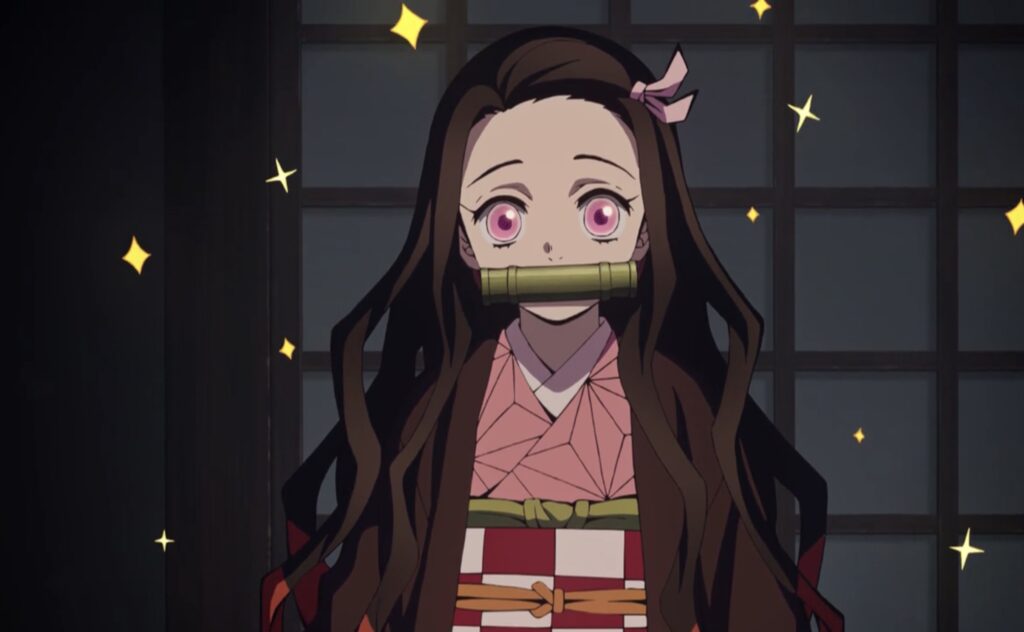
Imoto is a Japanese word for for little sister, and there are a large number of pretty Imoto characters in many popular anime series. The Imoto characters usually have older brothers and call them Onichan.
3. Onīchan (お兄ちゃん)
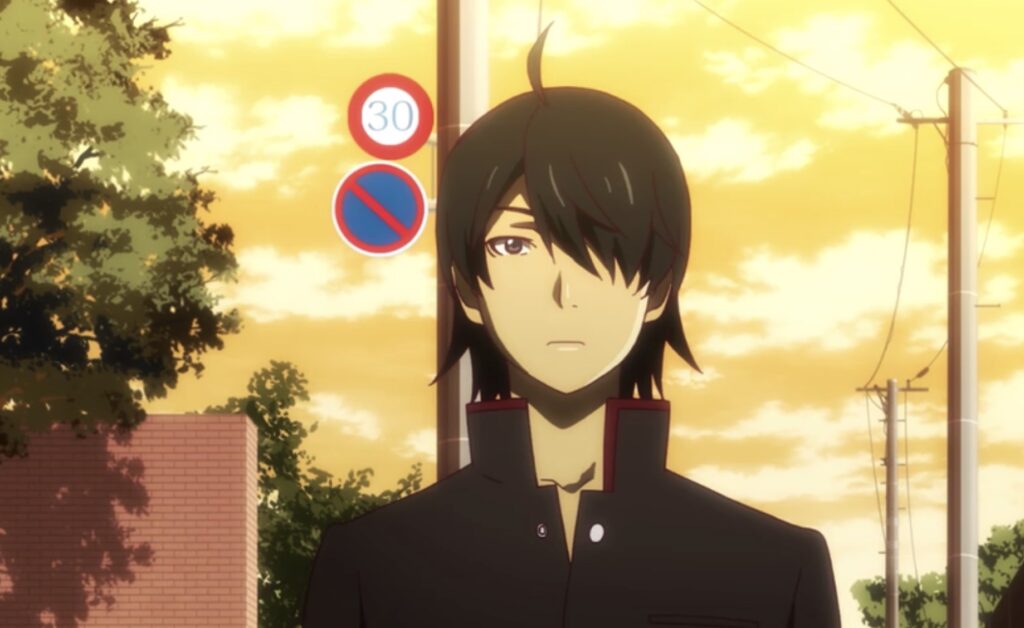
Onichan is a Japanese word for older brother, and older brother characters (who are usually middle or high schoolers ) are depicted with his sisters. The Imoto characters called their elder brother characters Onichan, which makes anime fans feel Moe.
4. Senpai (先輩)
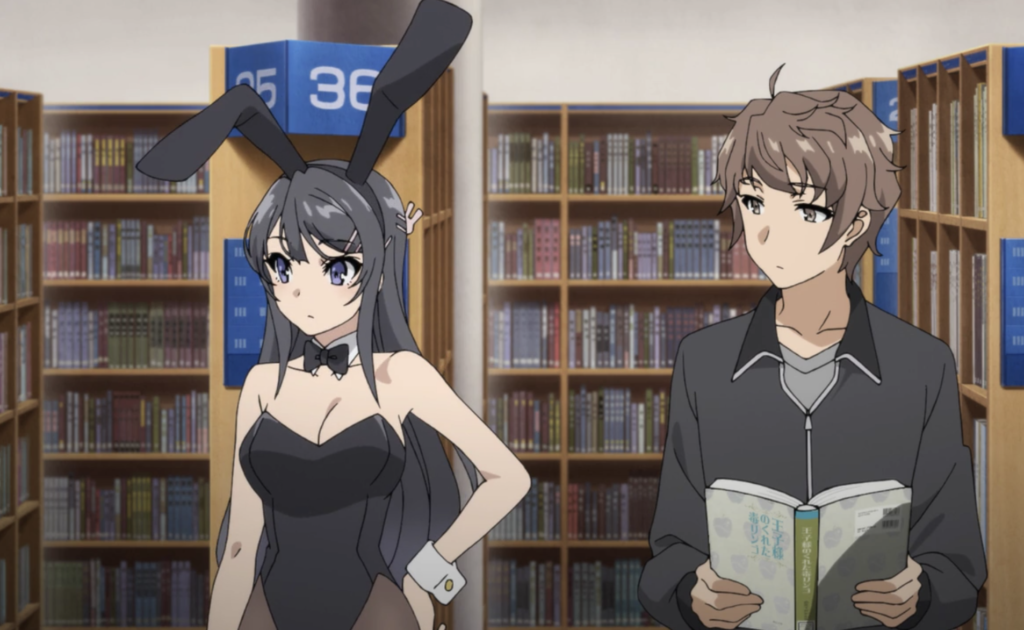
Senpai is a Japanese word used to express someone older or more experienced than you in the same community. For example, someone who is a few years older than you in the high school is your Senpai. The opposite word is Kohai (後輩), which is used to describe someone younger or less experienced.
5. Kōhai (後輩)
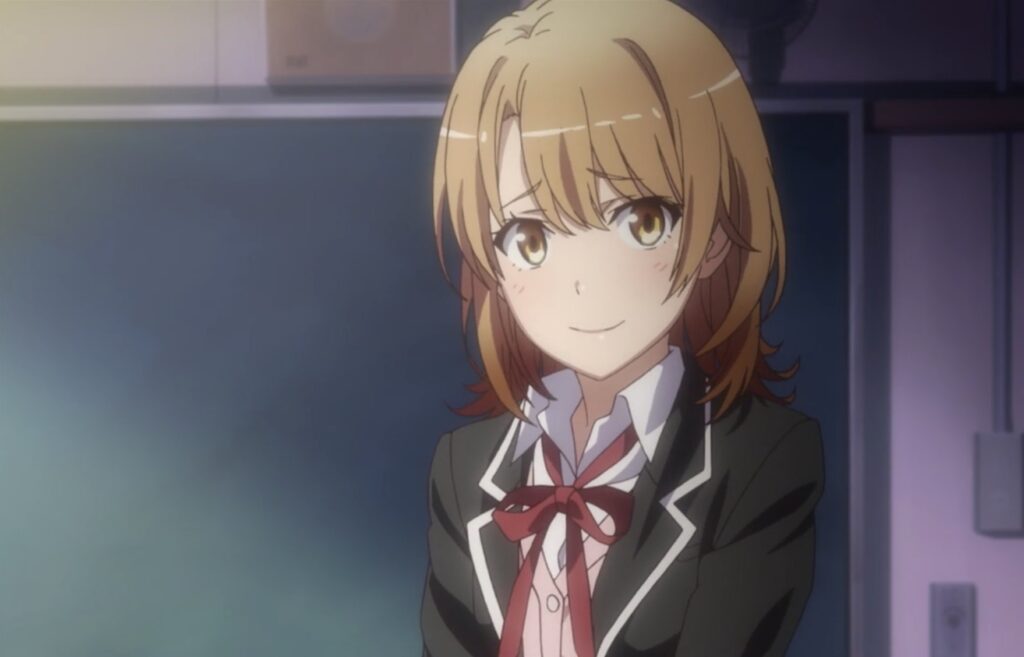
Kohai, which has a opposite meaning of Senpai, expresses someone younger or less experienced than you in the same community. In many popular anime, girl Kohai characters tend to have boy Senpai and boy Kohai characters usually have girl Senpai characters.
6. Tsundere (ツンデレ)
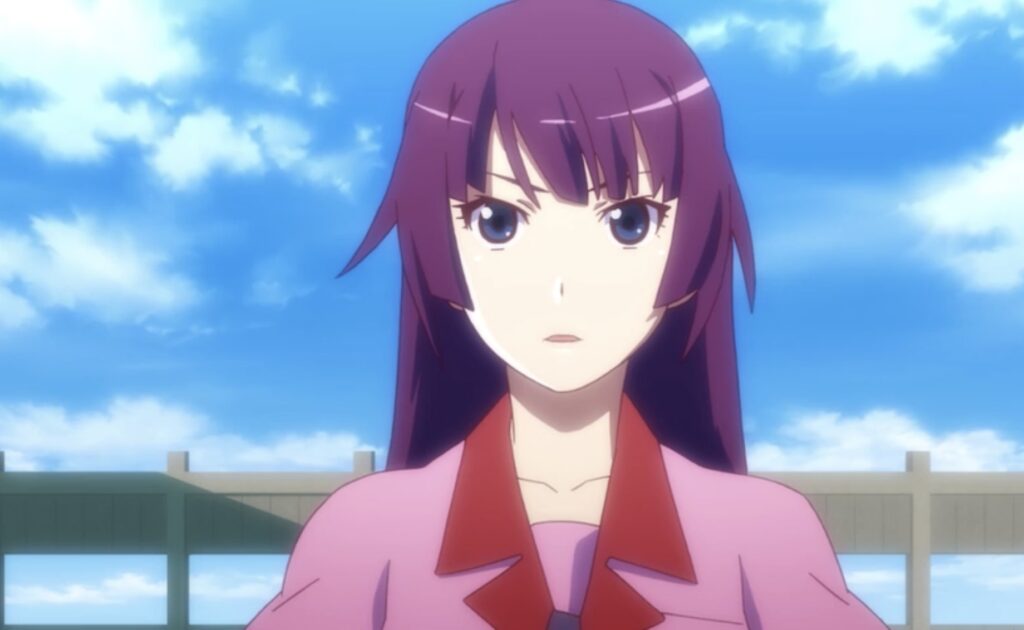
Tsundere is a frequent anime word to give expression to characters who is basically cold but becomes affectionate under certain conditions. Tsundere consists of two Japanese slangs that specify personalities: Tsuntsun (cold or haughty) and Deredere (affectionate or spoony).
7. Chūnibyō (中二病/厨二病)
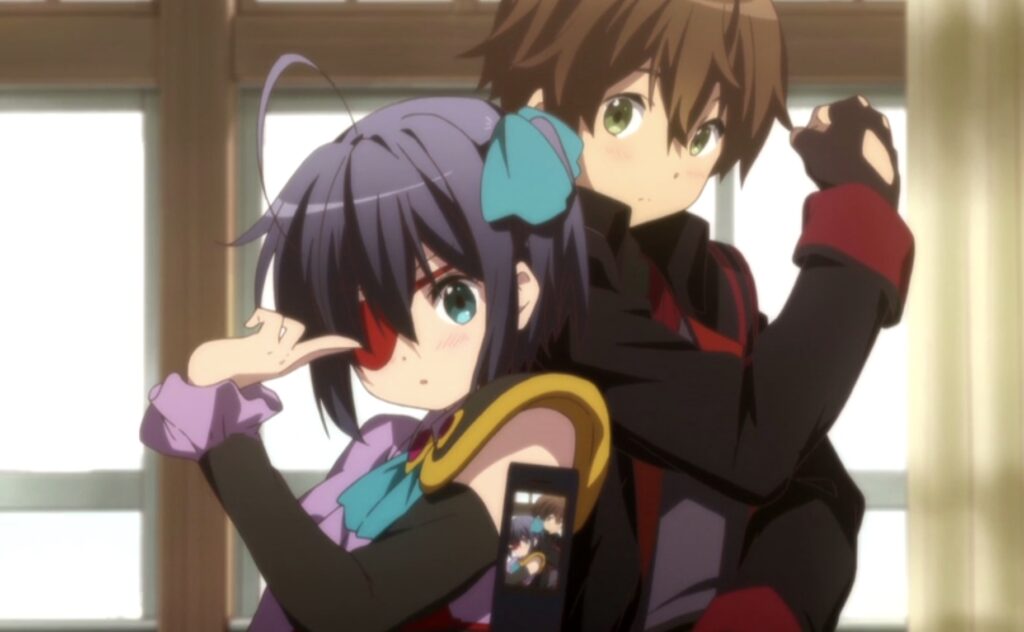
Chunibyo is a modern Japanese term used to describe teenagers who have grandiose delusions that they are a much more special person than others. Some Chunibyo recognize they may have supernatural powers that are sometimes depicted in manga and anime. Others want to view the world differently from other people doing something different.
Chuni means the second grade of middle school (the eighth grade), and teens around that period tend to become a Chunibyo. The word Chunibyo came into use as an Internet slang in Japan around the early 2000s, which has been popularized by the light novel and anime series Love, Chunibyo & Other Delusions since its first volume was released in 2011.
8. Furagu (フラグ)
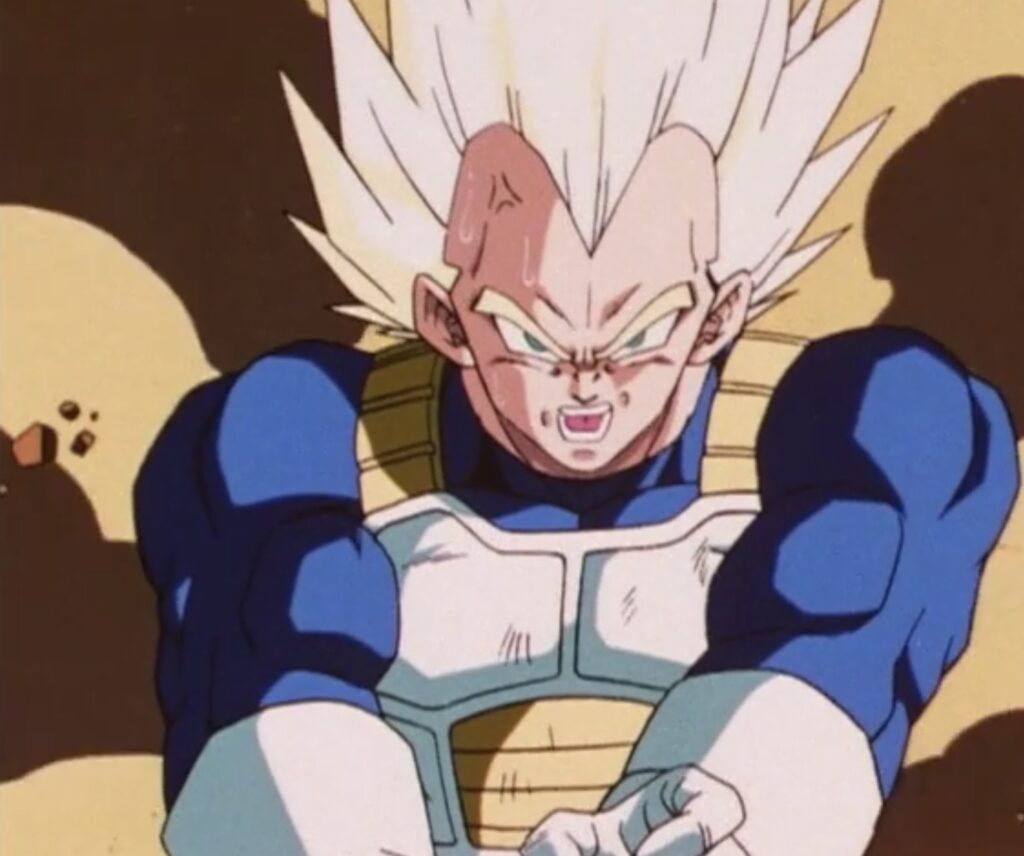
Furagu, which stems from a word ‘flag’, expresses a sign to indicate what happens in the future in anime. Furagu includes the meaning of foreshadowing in addition to fixed pattern. The most famous furagu is a Shibo furagu (a red flag), which implies the future of a character’s death. Here are some examples:
If a character says “I did it?” to confirm if he/she beats an enemy after the attack, the enemy is never beaten.
If a male character says “Will you marry me if we end this fight” to his girlfriend in the biggest battle against a strong villain, he will die in the battle.
9. Kun/Chan (くん/ちゃん)
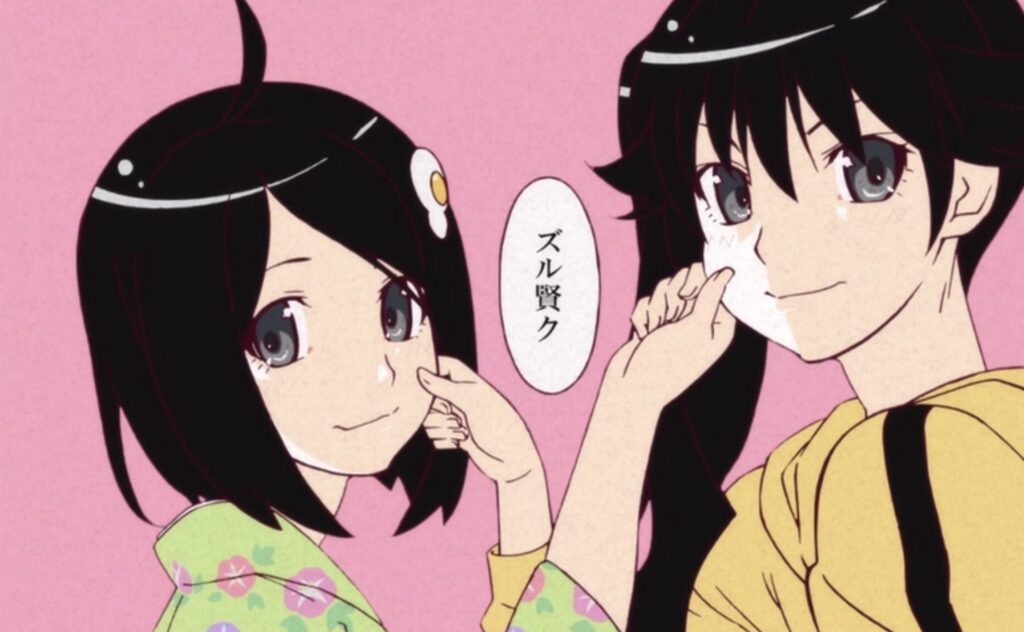
Kun (used for boys) and Chan (used for girls) are honorifics to describe respect to those who you are close to. Kun and Chan follow their first or last name. Elder female characters sometimes call younger boy characters with Kun and some older brother characters call their little sisters with Chan.
10. Yuri (百合)
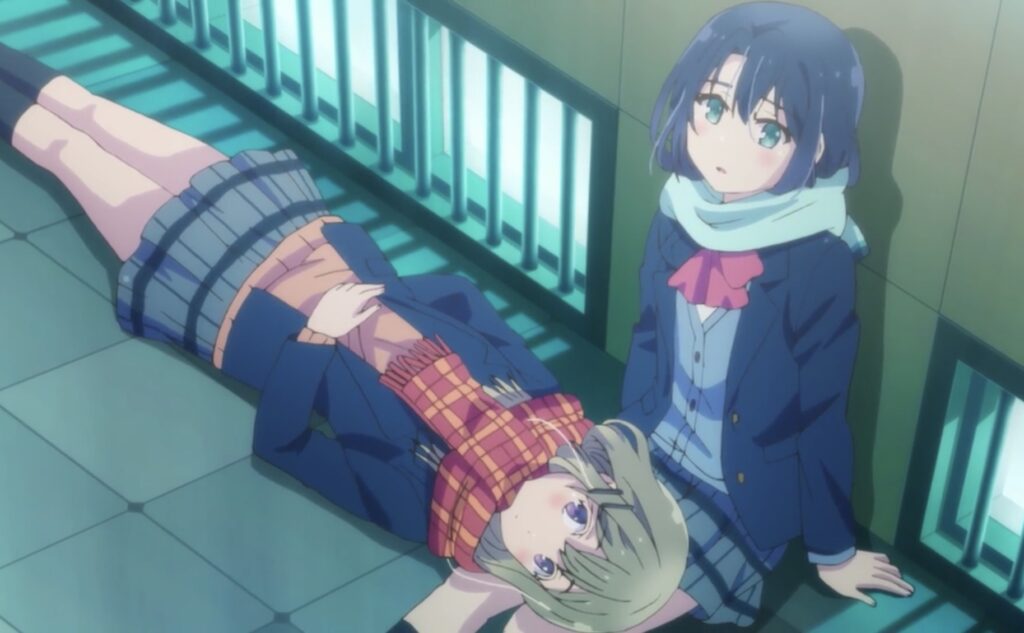
Yuri, which literally means a lily in Japanese, suggests lesbian including a woman who likes women or the relationship between them in varying degrees in anime. Its opposite word is Yaoi which describes the anime theme of a man who likes men and is also known as Boys Love in Japanese.
Now Yuri are not a special tendency of minority fans but are becoming more familiar to many people. Yuri. which literall[…]
Did you learn the essential anime words? You will see and hear those anime keywords in many anime and manga from now on and will understand what they mean easily. Enjoy your favorite anime again with this anime words dictionary!
<<Recommended Articles>>
Anime, which means Japanese animations, is one of the most famous Japanese pop cultures. It has got more popular as a ge[…]
Anime has been one of the most popular movie categories all over the globe lately. A great number of anime come to the b[…]
What do you think the best modern anime series is? In terms of name recognition and commercial success, Demon Slayer: Ki[…]
<<Editor’s Picks>>
Every anime fan should have thought of who is the strongest anime character once. Who do you think is the most powerful […]
Who is the best anime character for you? Many anime fans associate the name of the protagonist with an anime title. Ther[…]
Who do you think the cutest anime character is? Anime are colored by a variety of unique characters, especially heroines[…]
